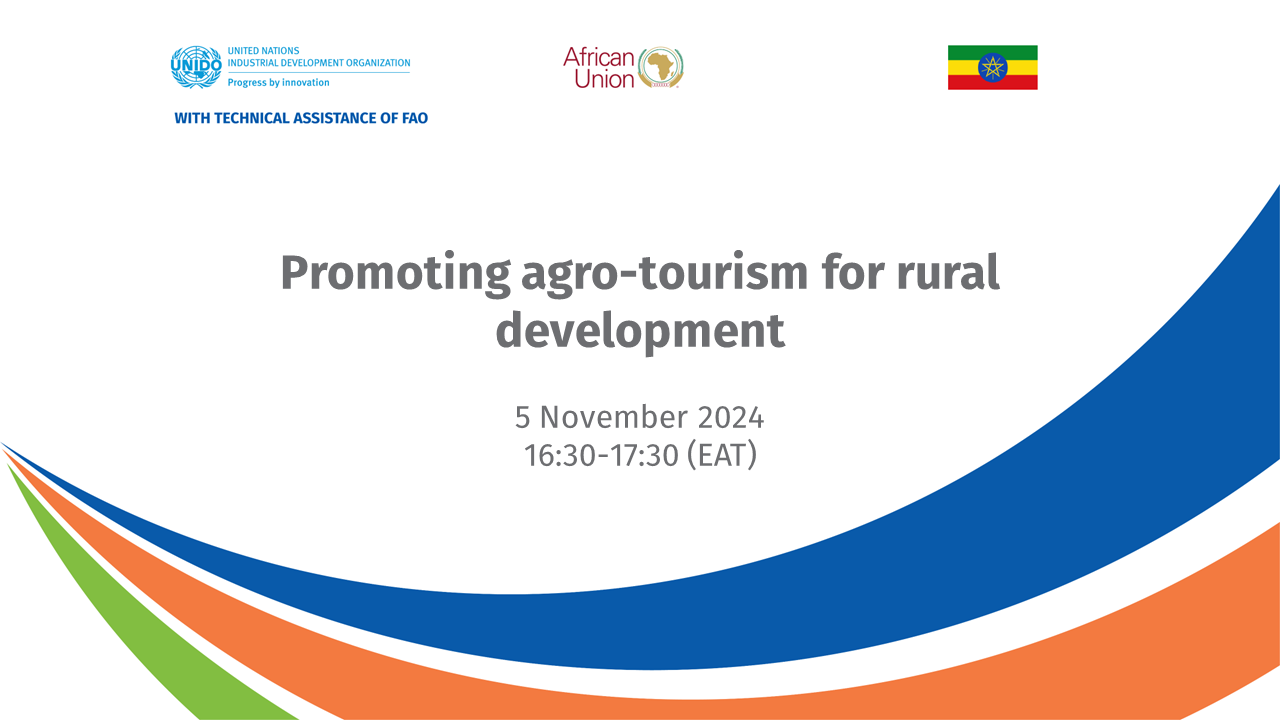


The issue:
With the adoption of the 2030 Agenda, the global community committed itself to end extreme poverty, fight inequality and injustice, and address climate change. The universal and indivisible Agenda lays the foundation for the betterment of people, the planet, prosperity, and peace through revitalized partnerships by 2030. The far-reaching impact of tourism on societies, economies and the environment is undeniable. According to the UN World Tourism Organization (UNWTO), the large number of tourists crossing borders account for a significant share of the world’s GDP, employment, and exports. It is crucial to recognize tourism’s potential to drive sustainable development and its role in helping progress towards the Sustainable Development Goals.
Tourism’s most direct impact is on SDG 8 (Decent Work and Economic Growth), SDG 12 (Responsible Consumption and Production) and SDG 2 (Zero Hunger). However the sector impacts the achievement of all the 17 SDGs considering the intricacy and scope of links it has with other sectors and industries all along its vast value chain. The indivisible nature of the 2030 agenda implies the connections between all goals and targets and since SDG 8 specifically mentions tourism, it is evident that beneficial and sustainable tourism can have a positive impact in terms of progress towards several other targets.
If well managed, the tourism sector can generate decent jobs, boost local economies, reduce poverty, enhance food security, and promote environmental preservation. Acknowledging tourism’s significant role in generating prosperity, improving livelihoods, and preserving the environment, the sector is today referenced in key studies and academic literature on sustainable development.
In specific terms, tourism is directly linked to SDG 1 (End poverty in all its forms everywhere). By providing income opportunities and through job creation at local and community levels, tourism also helps implementation of national poverty reduction strategies and entrepreneurship schemes within terms of SDG 2 (End hunger, achieve food security and nutrition, promote sustainable agriculture). Tourism can spur sustainable agriculture by promoting the production and supplies to hotels and similar service-providing establishments, as well as sales of local products to tourists. Furthermore, agro-tourism promotes sustainable agriculture by fostering a deeper connection between consumers and producers, encouraging preservation of local conservation techniques and ingrained environmental stewardship in indigenous communities, providing additional income for farmers, and preserving biodiversity. All these initiatives contribute to ensuring food security and eliminating hunger.
Objectives:
The objective of this session is to:
Assess the link between tourism and agriculture, and to spell out the impact of agro-tourism in fostering rural development which in turn supports income generation, job creation and expansion of local businesses among rural communities.
Explore opportunities and mechanisms that would leverage and broaden the linkages of the two sectors in a view to forge deep connections between producers and consumers and strengthen efforts to ensure food security.
Key guiding questions:
How are the links between tourism and agriculture, and the impact of tourism on SDG 2 understood? How are countries responding to the strategic importance of developing agro-tourism?
What are the mechanisms and policy initiatives that need to be employed to unlock the immense potential of the link between tourism and rural development?
How do policy initiatives and capacity building efforts contribute to the development of agro-tourism as a tool for fostering sustainable agriculture while enhancing the value of tourism experiences?
How can strong backward linkages between tourism operators, smallholder farmers and other actors in the value chain, be created so as to enable local businesses to thrive?
What should be the role of the private sector in strengthening such linkages?
Session format and structure:
The session will have welcoming remarks, a keynote address to shed light on the link between agriculture and tourism, and the role of agro-tourism development in accelerating progress toward the achievement of SDG2. Technical presentations will be made by experts. A panel discussion that focuses on barriers to the development of agro-tourism, approaches and mechanisms to strengthen the role that agro-tourism plays in achieving sustainable agriculture and food security.
Speakers
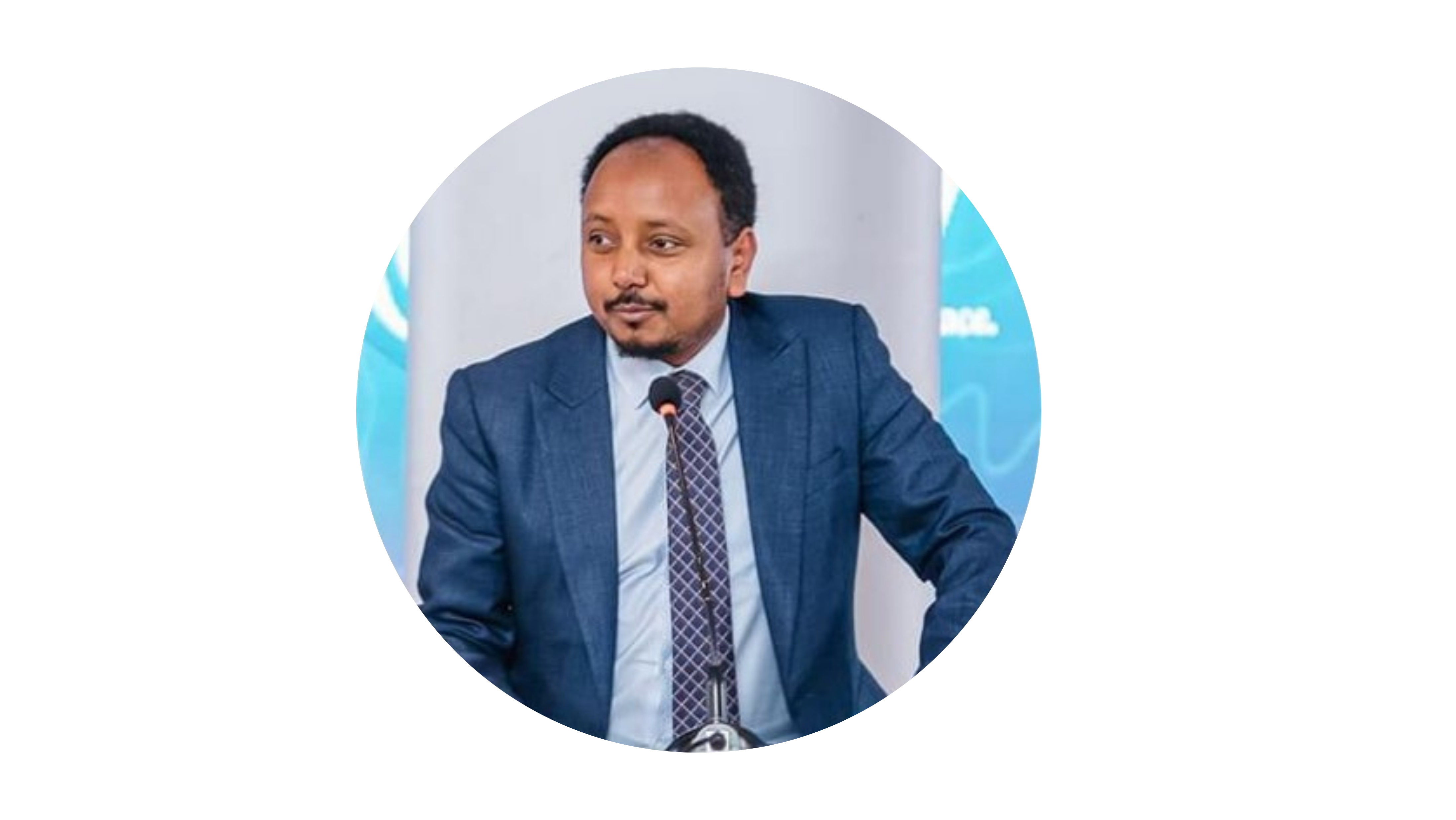
H.E. Mr. Sileshi Girma, State minister, Ministry of Tourism, Ethiopia

Ms. Samrawit Moges Beyene, Managing Director & Founder of Travel Ethiopia
Samrawit Moges Beyene is a pioneering Managing Director with over 30 years in tourism and agriculture. Leading four companies, she has empowered local communities, employed over 760 people, and promoted Ethiopian economic growth. She’s an award-winning advocate for women’s empowerment, employing women and disabled people in transformative roles.
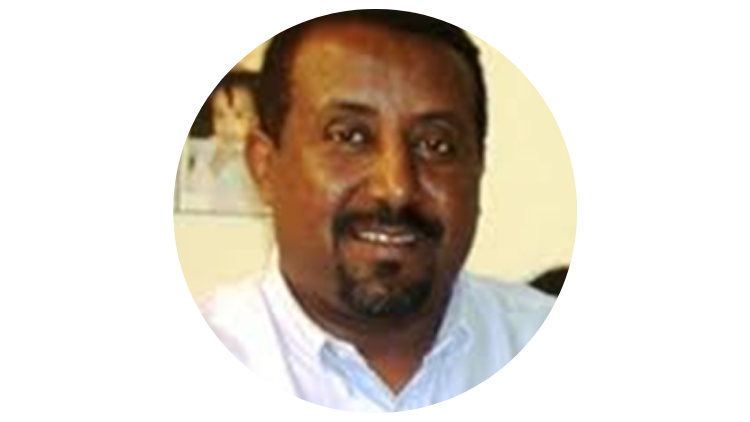
Mr. Zelalem Tefera, Country Director, Bon Free Foundation
An environmental conservationist with more than 25+ years of experience in leading and managing conservation projects. Obtained PhD after studying the ecology and behavior of the Ethiopian wolf, from the Durrell Institute of Conservation and Ecology, University of Kent UK. Interested in endangered species conservation, protected area management, payment for ecosystem services, and protected area planning.
Long time experience working for Government Agencies and international conservation NGOs, like the London Zoological Society, Frankfurt Zoological Society, and Born Free Foundation as country director. Guest lecturer at various Universities and actively working on the development of community-based conservation, extensive experience in biodiversity conservation, governance, policies and practices development rural development initiatives, climate change, and various forms of tourism developments.
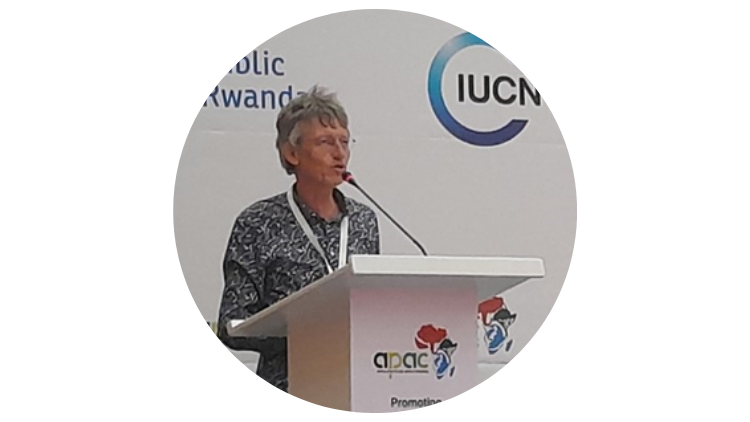
Mr. Paul Scholte, GIZ Climate-Sensitive Innovations for Land Management II (CLM II) Programme Manager (AV)
Dr. Paul is an ecologist, who has been leading Conservation and Natural Resource Management organizations in a development context. He has 35 years’ experience in protected area- and rangeland management, governance, rural development, and biodiversity surveys, about which he authored some 150 publications. He has been employed by Governmental- (Rwandan, Dutch), bilateral cooperation- (GIZ, DGIS), UN-, Non-Governmental- (IUCN, WWF) and private organizations, developing distinctive leadership, technical and administrative skills.
Dr. Paul has been teaching at the Garoua and Kitabi wildlife colleges (Cameroon, Rwanda) and various universities across Africa and in Europe. Presently, he is visiting professor and chairholder in Ecological Monitoring and Conflict Management at the postgraduate school ERAIFT-UNESCO (DRC).
His interventions are based on first-hand knowledge of international cooperation- and financing mechanisms, and consensus building a.o. through membership of IUCN-SSC/CEM/WCPA, advisory councils and boards.
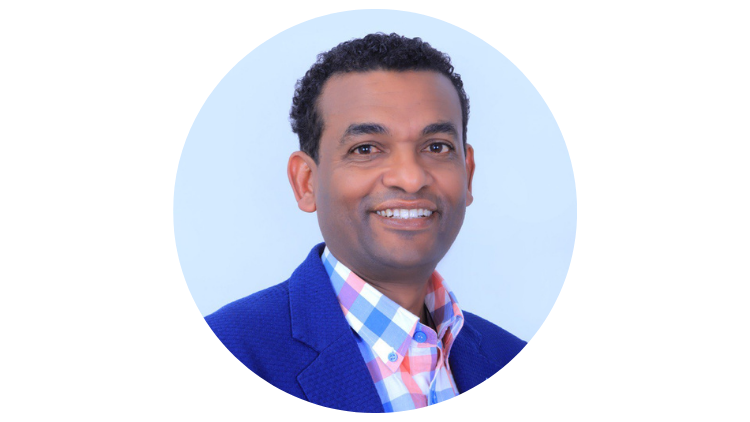
Mr. Fitsum Gezahegne Lakew, Managing Director of the Paradise Ethiopia Travel
Mr. Lakew is the Managing Director of the Paradise Ethiopia Travel. In the past, Fitsum held key positions within the Ethiopian Tourism Board and the Ethiopian Tourism Transformation Council, a prominent body chaired by the Prime Minister. He also contributed as a member of the Tourism Transformation Council for the Southern Nations, Nationalities, and Peoples' Region and served on the board of the Catering and Tourism Training Institute. These roles emphasize both his dedication to the tourism industry and his significant impact on its growth and transformation in Ethiopia.